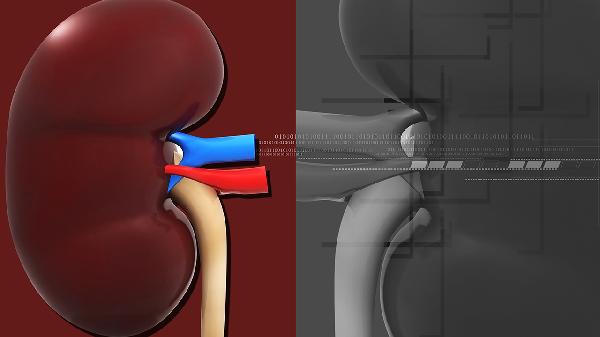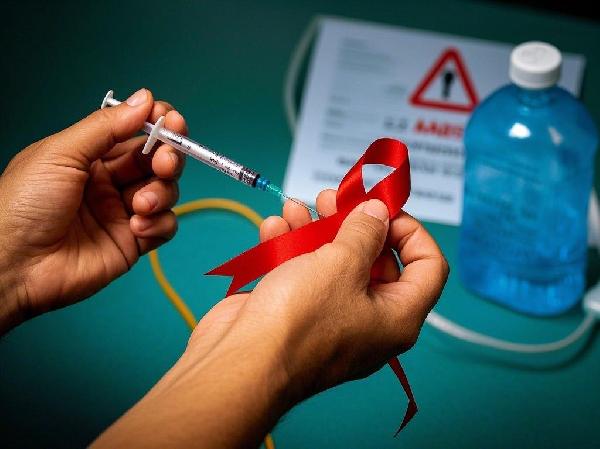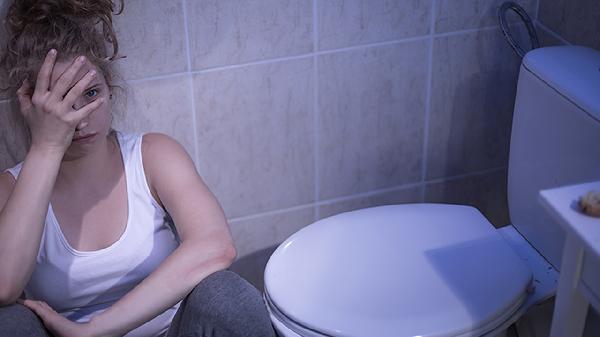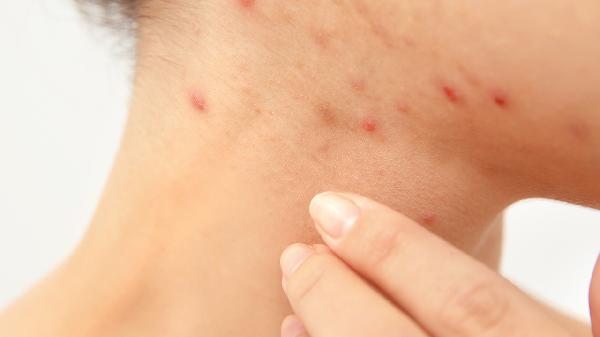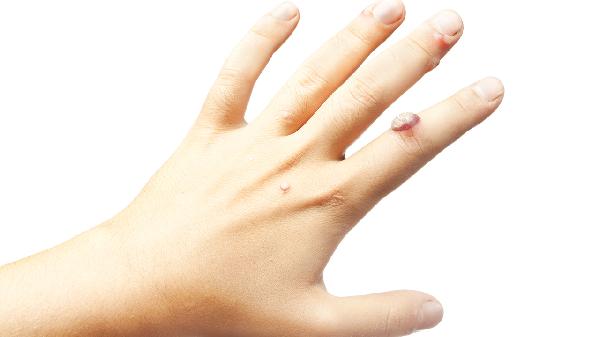For many men, the experience of orgasm is marked by intense contractions of the vas deferens, which contribute to a powerful sense of pleasure. However, some men gradually lose the sensation of these contractions during sexual activity, leading to a diminished sense of satisfaction. This phenomenon has led some to associate the loss of ejaculatory contractions with excessive masturbation, sparking feelings of guilt and self-reproach over past habits.

The Role of Ejaculation in Sexual Pleasure
In adult males, orgasm coincides with ejaculation. The absence of noticeable contractions during ejaculation can result in a lack of pleasure, making it difficult to achieve physical and emotional satisfaction during sex. While this is generally not considered a medical condition, it can strain marital relationships and hinder the exchange of sexual experiences. Over time, this may lead to a loss of interest in sex, decreased libido, and even emotional crises. Therefore, identifying the underlying causes and addressing them is crucial for maintaining a healthy sexual relationship.
Secondary Orgasmic Dysfunction
Some men who previously experienced intense orgasmic sensations may find themselves lacking in sexual pleasure later in life. This secondary orgasmic dysfunction may be linked to excessive masturbation, as the individual mentioned earlier. While the strong contractions of the vas deferens during orgasm are a significant source of pleasure, they are not the sole factor. Other physiological responses, such as penile rigidity, scrotal contractions, and muscle spasms, also contribute to the overall experience of orgasm.
The Impact of Excessive Masturbation
Despite the common assertion that masturbation is harmless, it is essential to recognize the importance of moderation. Excessive masturbation can desensitize the male reproductive organs to local stimuli, reducing the intensity of contractions in the penis, scrotum, vas deferens, and pelvic muscles during ejaculation. This can lead to a diminished sense of sexual pleasure. Additionally, excessive masturbation may contribute to sexual neurasthenia, characterized by symptoms such as fatigue, insomnia, and difficulty concentrating, further impairing sexual satisfaction. It can also predispose individuals to urogenital conditions like erectile dysfunction, chronic pelvic congestion, and prostatitis.
Beyond Masturbation: Other Contributing Factors
While excessive masturbation may play a role in the loss of sexual pleasure, it is not the only factor. Emotional dynamics within a relationship significantly influence the intensity of sexual pleasure. Negative emotions such as hostility, resentment, or indifference toward a partner can inhibit sexual satisfaction. Addressing these feelings and fostering emotional intimacy can help restore a fulfilling sexual experience.
Psychological and Environmental Influences
Personal factors, including depression, anxiety, and fear of sexual inadequacy, can create "performance anxiety," making it difficult to engage naturally in sexual activity. External factors, such as an uncomfortable environment, physical discomfort, financial stress, or work-related pressures, can also contribute to situational sexual dissatisfaction. Additionally, a lack of scientific knowledge about sex and traditional beliefs that stigmatize the pursuit of sexual pleasure can further limit sexual experiences.
Conclusion
The loss of sexual pleasure in men is a multifaceted issue that requires a comprehensive approach. While excessive masturbation may be a contributing factor, it is essential to consider emotional, psychological, and environmental influences. By addressing these factors and fostering open communication within relationships, men can work toward restoring a satisfying and fulfilling sexual experience.


